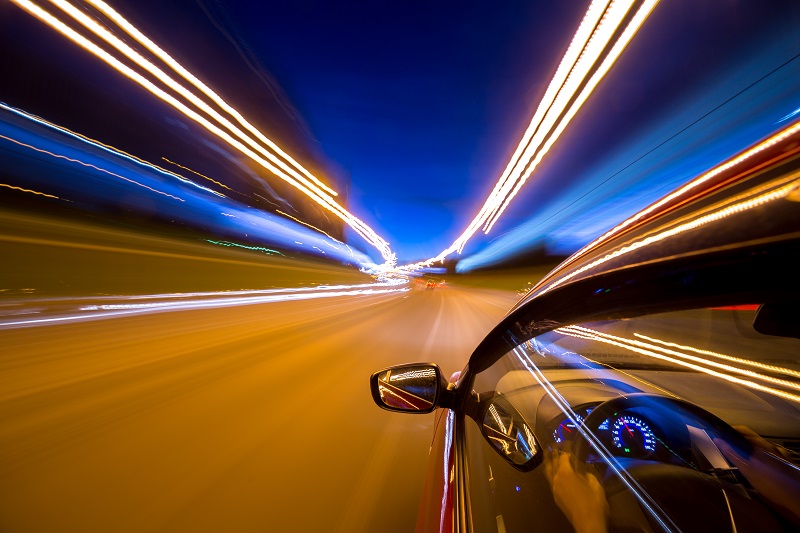What defines our times?
One significant factor is the drive for speed or immediacy.
For most of us life is a careful balancing act, a finely timetabled life, in which everything works so long as no-one is ill. Weekends often offer little spare time but instead are occupied with shopping, family, household chores and getting ready for the week ahead.
Our endless demands at work and home can often leave us frustrated and drained of energy.
This isn’t life in the fast lane, it’s life in the oncoming traffic.
Terry Pratchett
The notion that there is a need for speed is often justified under the guise of the drive for efficiency.
Our need for speed is reflected in so many aspects of our lives including how we communicate (emails and texts), consume food, shop and even drive (road rage!).
Speed in itself has now become a virtue, elevating what we previously did not value and diminishing what we previously valued.
Originally the promise of speed was that it was going to be liberating. It hardly feels like that now. Speed has ended up enslaving us.
It was also meant to be an equaliser, creating more of an even playing field. But instead it has increased divisions between us (especially with regard to the distribution of wealth), and instead of “bringing us together” has exacerbated the differences between us.
In the new world, it is not the big fish which eats the small fish, it’s the fast fish which eats the slow fish.
Klaus Schwab
For me, the significant negative results of the speed “virtue” include:
- superficial analysis and thoughts.
- careless discussion, hasty decisions and inaccurate work.
- a lack of time to ‘think’ and develop new ideas or ways of being, or consider alternative perspectives.
What to do?
Individually you can quietly, or noisily, identify in your own life factors you can influence to attempt to control its rhythms. Be aware of the pressures of speed and remember the virtues of “slow”.
Join the Slow Movement, to live a mindful life and connect with your life.
The Slow Movement is not organised or controlled by a single organisation. It is a global cultural shift away from speed and toward slowing down life’s pace. Not doing everything at snail’s pace but doing everything at the right speed. Doing everything as well as possible, instead of as fast as possible.
The origins of the Slow Movement are with Slow Food (founded by Carlo Petrini) which began in 1986 in Italy as a reaction to “fast food”. “Slow” has become shorthand for a philosophy, a template, to be applied to many aspects of life (design and architecture, parenting, travel, exercise, work, sex, health and hobbies).
Are you addicted to speed?
Does it matter?
Are you living a good life?

